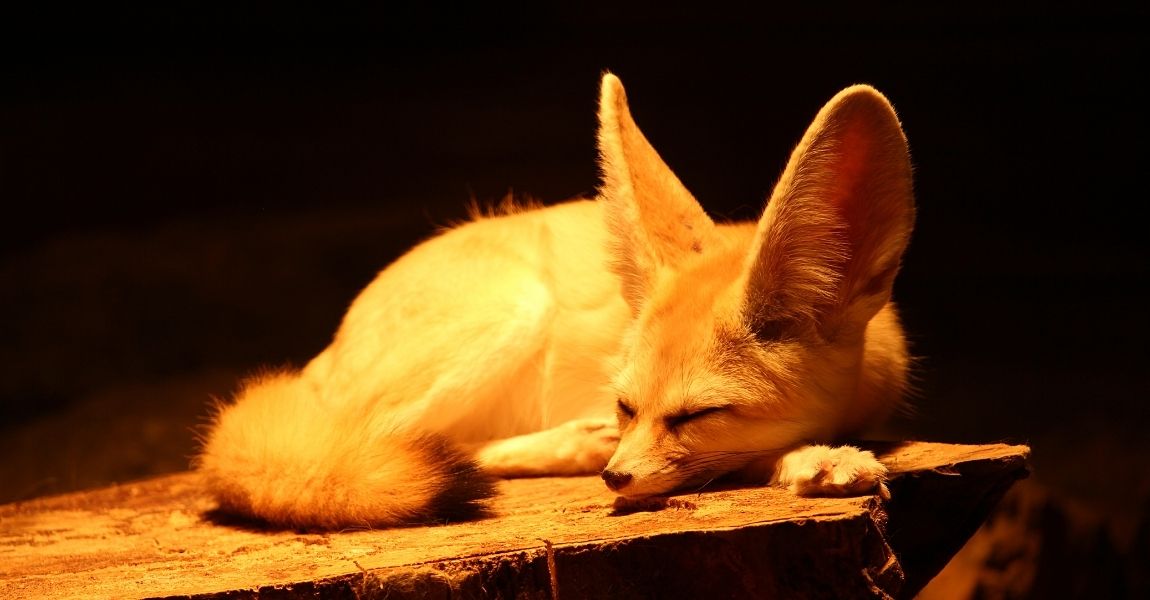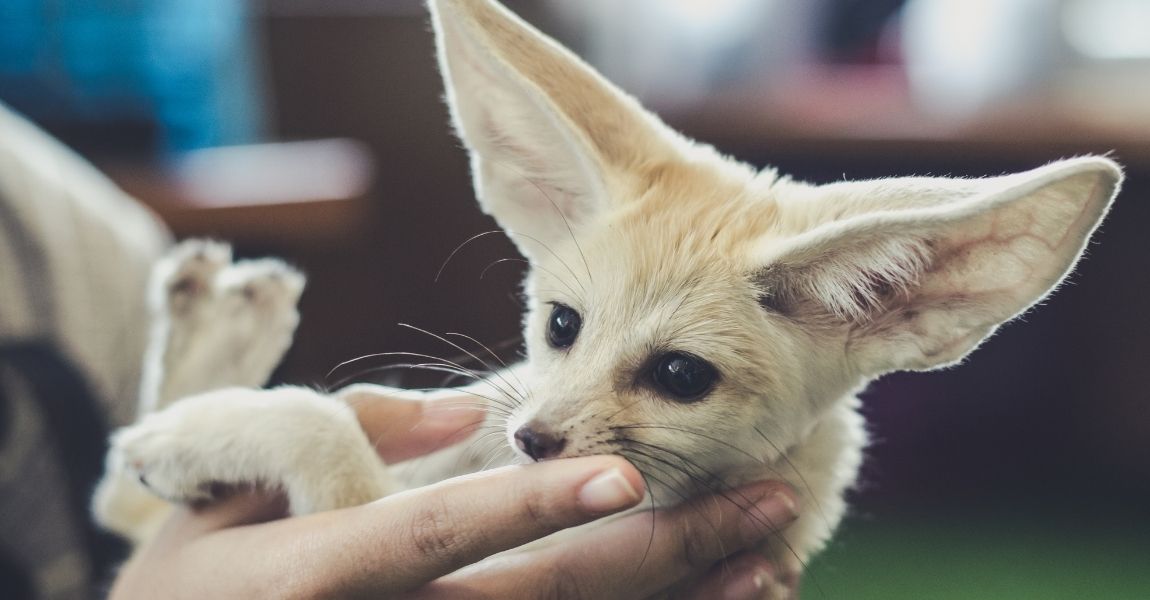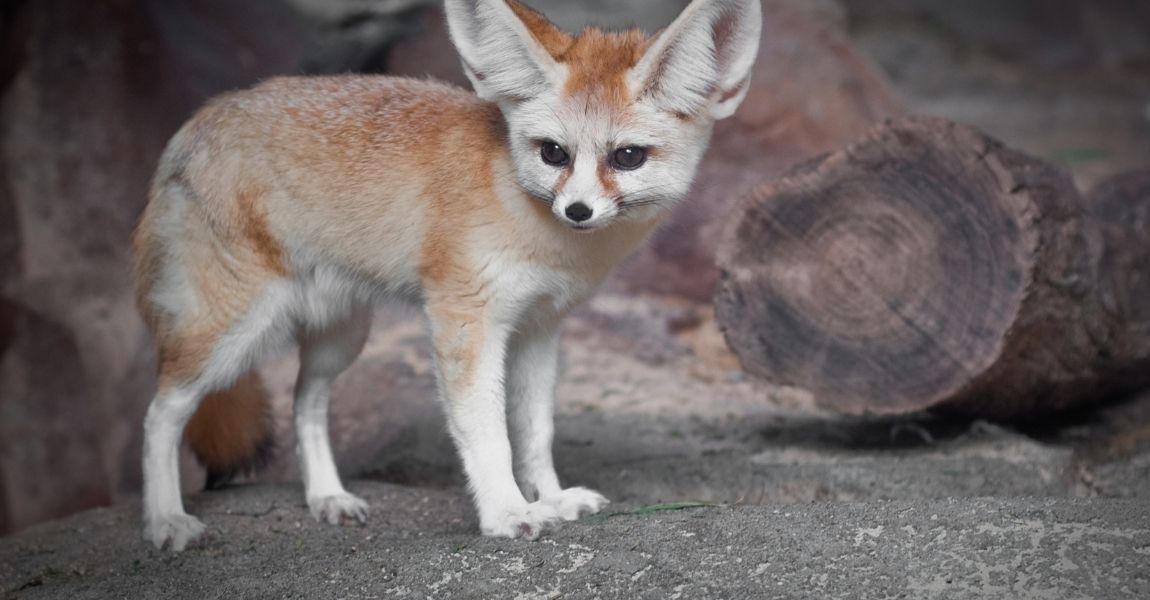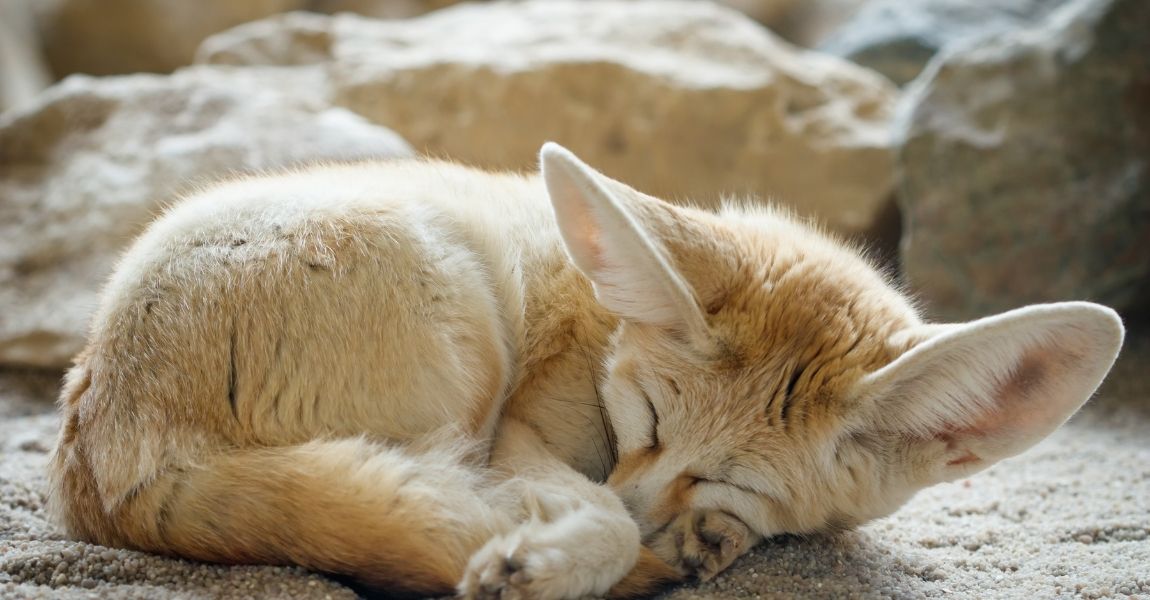Owning a Pet Fennec Fox
Legal Considerations:
First and foremost, it is crucial to research and understand the legalities surrounding the ownership of fennec foxes in your area. Fennec foxes are considered exotic pets and may be subject to specific regulations or restrictions. Some regions require permits or licenses to keep them as pets. Make sure to familiarize yourself with local laws and obtain any necessary permissions to ensure compliance and avoid legal issues in the future.
Specialized Care:Fennec foxes have unique needs that differ from those of traditional domesticated pets. As wild animals, they have certain instincts and behaviors that must be understood and catered to. It is essential to provide a suitable environment, diet, and enrichment to ensure their physical and mental well-being. Consider consulting with a veterinarian or exotic pet specialist who has experience with fennec foxes to ensure you can meet their specialized care requirements.
Nocturnal Nature:Fennec foxes are nocturnal creatures, meaning they are most active during the night. This natural behavior should be taken into account when planning their care and providing them with a suitable routine. Be prepared for their active periods during the night, which may include playing, exploring, and vocalizations. Adjusting your lifestyle and daily interactions to accommodate their nocturnal nature is necessary for their overall happiness and health.
Space and Enclosure:Fennec foxes may be small in size, but they require ample space to roam and explore. While they can adapt well to indoor living, it is important to provide them with a spacious enclosure or room to prevent them from feeling confined or stressed. Fennec foxes are skilled climbers and diggers, so their enclosure should be escape-proof and designed to accommodate their natural behaviors. Ensure the enclosure has secure boundaries and provides opportunities for climbing, digging, and hiding.
Socialization and Bonding:Fennec foxes are highly social animals and require early socialization to develop a bond with their human caregivers. Proper socialization helps them become comfortable and confident around people. However, it is important to remember that they still retain their wild instincts, so caution should be exercised during interactions. Regular positive and supervised socialization sessions will help foster a strong bond and ensure a harmonious relationship between you and your fennec fox.
Dietary Requirements:Understanding the dietary needs of a fennec fox is crucial for their overall health and well-being. In the wild, they are omnivorous and consume a variety of insects, small mammals, fruits, and vegetation. Replicating a balanced diet in captivity is essential. Consult with a veterinarian or exotic pet specialist to create a suitable feeding plan that includes high-quality commercial fox diets, insects, fruits, and vegetables. Avoid feeding them inappropriate or harmful foods, such as processed human food or toxic plants.
Veterinary Care:Regular veterinary check-ups are essential for monitoring the health of your pet fennec fox. It is important to find a veterinarian who is experienced in treating exotic animals, as they will have the necessary knowledge and expertise to provide proper care. Schedule routine check-ups and vaccinations as recommended by the veterinarian to ensure early detection of any health issues and to maintain your fennec fox's well-being.
Conclusion:Owning a pet fennec fox is a significant responsibility that requires time, resources, and commitment. It is crucial to educate yourself about their specific needs and requirements before making the decision to bring one into your home. By understanding the legal considerations, specialized care, nocturnal nature, space requirements, socialization, dietary needs, and veterinary care, you can provide your fennec fox with a happy and fulfilling life as a beloved companion.





